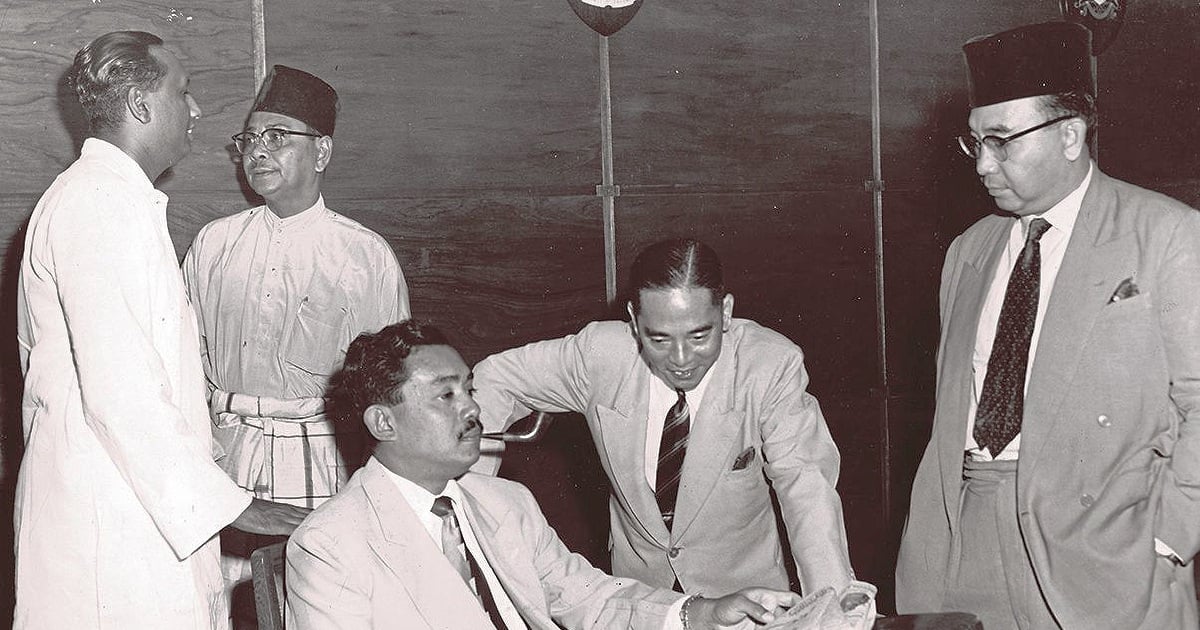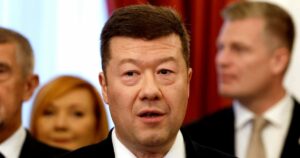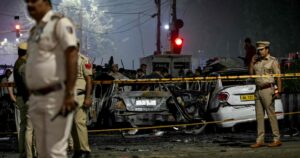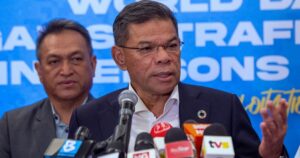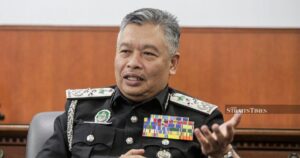LEST we grow complacent about how we won independence from Britain on Aug 31, 1957, remember it was largely achieved through peaceful diplomacy and a careful reading of the colonial administration’s priorities.
Tunku Abdul Rahman Putra Al-Haj led the Federation of Malaya’s delegation to the London Constitutional Conference in January-February 1956. Others in the delegation included Colonel H.S. Lee, Tun Dr Ismail Abdul Rahman and Datuk Abdul Razak; the British side included secretary of state Alan Lennox-Boyd and high commissioner Sir Donald MacGillivray.
In negotiations, Tunku won the trust of British ministers by showing that Malaya was ready to govern itself. Tunku was recognised as a skilled negotiator and statesman, exuding warmth and approachability.
His charm, wit, diplomacy and pragmatism — notably his defence of Malay rulers’ sovereignty and the constitutional safeguards for Malays — were hallmarks of his statesmanship.
He balanced the interests of all ethnic groups, bringing together Malays, Chinese and Indians to cooperate not just as a political alliance but also as a greater community. These were the key bargaining points used to meet British objections.
We fondly recalled Tunku’s zestful spirit. During this year’s National Day celebrations, leaders urged Malaysians to uphold unity and patriotism — essential foundations for prosperity.
The way forward contains real hurdles. Attempts to sow racial division must be opposed — independence was won through the struggles and sacrifices of many communities.
And who better to emulate than Tunku Abdul Rahman, the Father of Merdeka who helped secure independence through negotiations, diplomatic strategy and multi-ethnic cooperation.
While Tunku played a significant role in our history, we are delighted that his legacy is still taught in schools and universities. But we have to ask: given today’s political upheavals, do Malaysians consistently exemplify these values? Granted, the political environment is complex, with shifts in power, coalition realignments and challenges related to governance and public trust.
Resolving them requires a multi-faceted approach: institutional reforms, economic resilience, national unity and political transparency.
To date, democratic processes appear resilient, while freedoms of speech and assembly continue to function despite occasional hiccups.
This environment gives the government and political leaders leeway to address concerns, sometimes framed under the broad rubric of national unity.
The task ahead is difficult, but if we live up to Tunku Abdul Rahman’s vision, Malaysia can emerge stronger and more united.
© New Straits Times Press (M) Bhd
